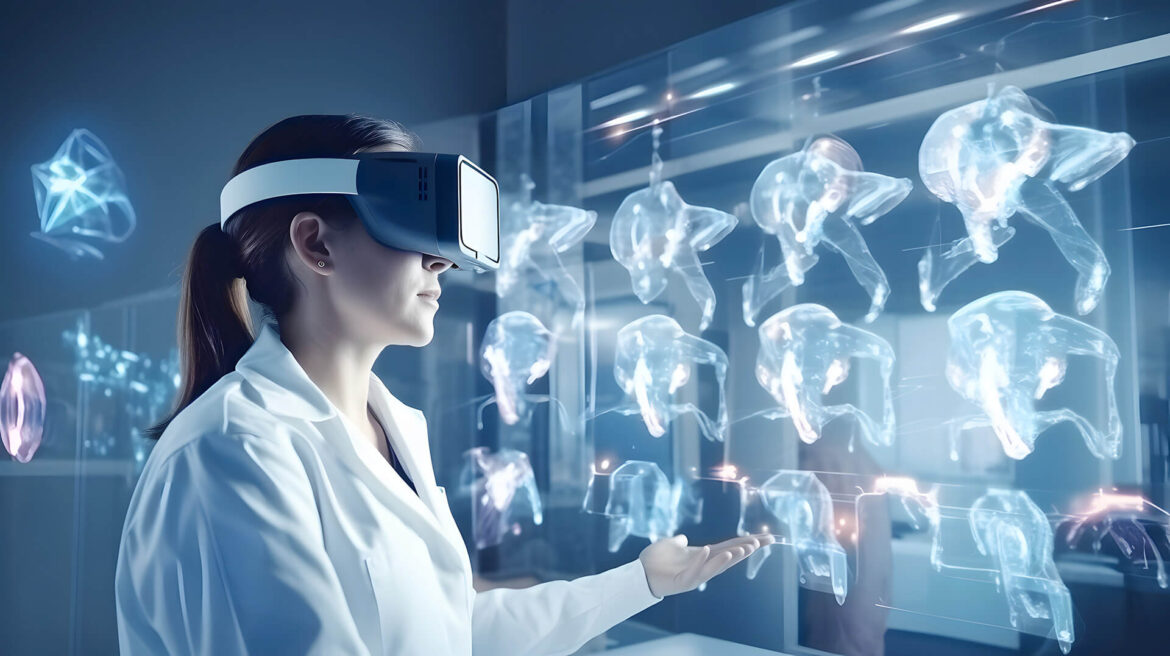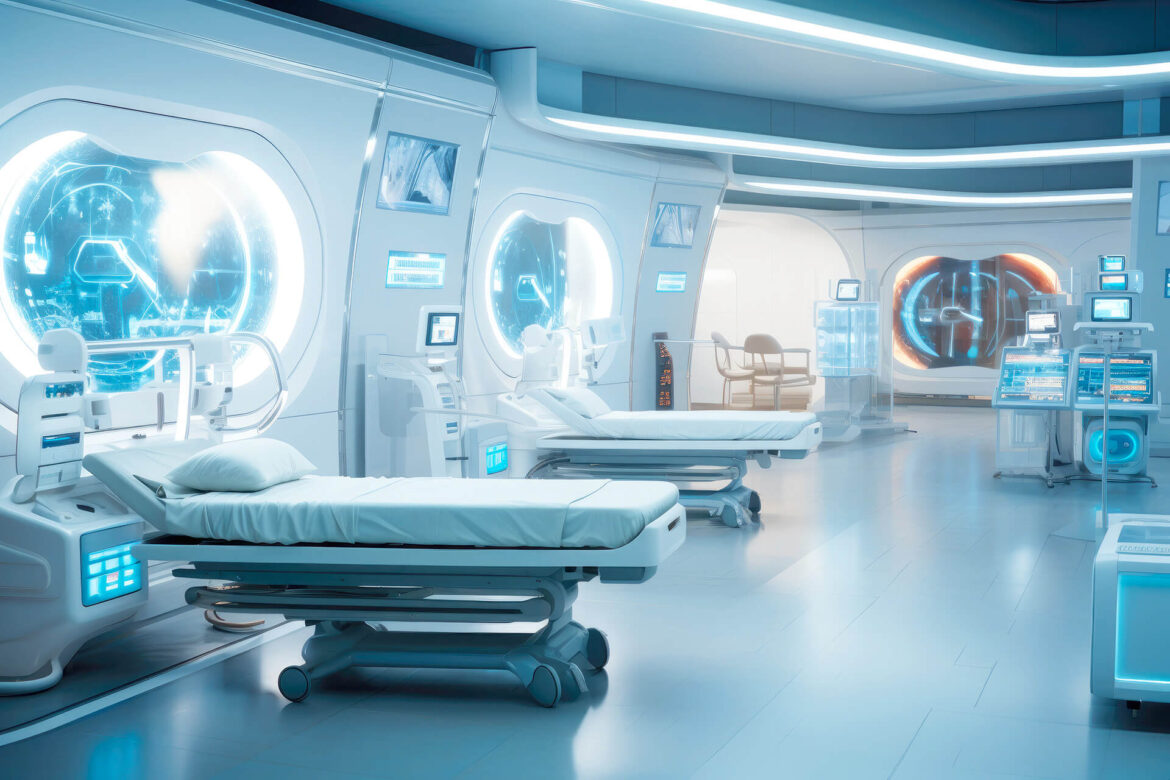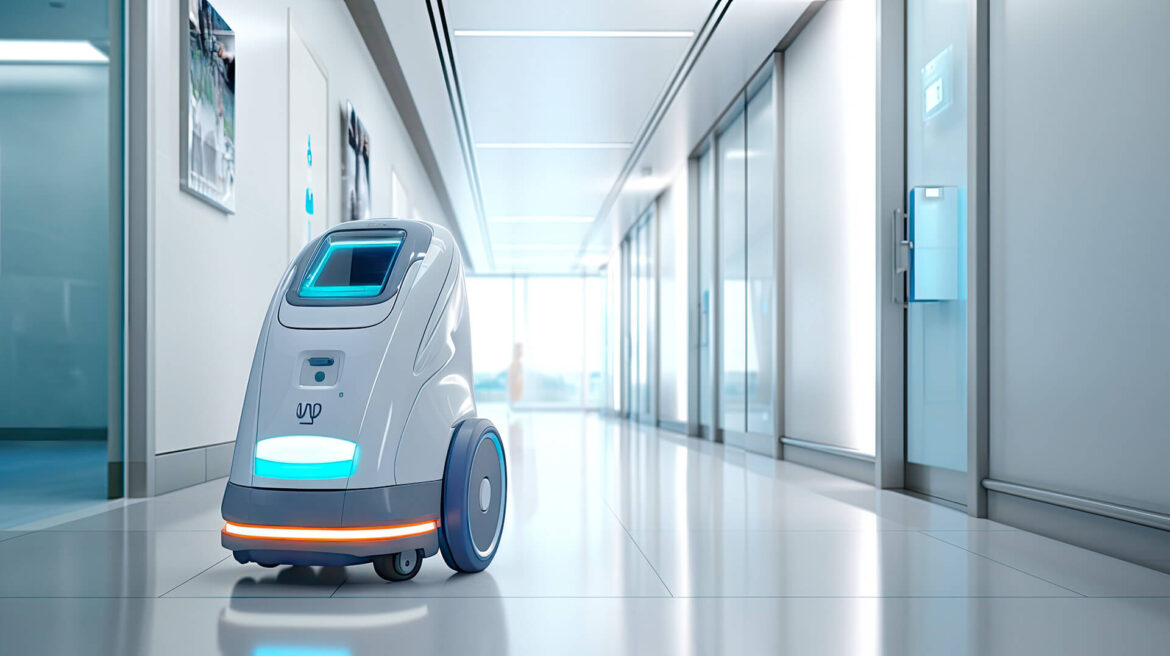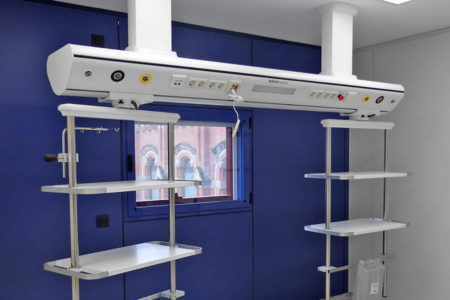Smart Hospitals: technological transformation enhancing patient care and medical interoperability
Smart hospitals are at the heart of the matter when it comes to improving patient care and medical interoperability.
In fact, they hold the key to answering questions about what hospitals will look like in the coming decades.
Currently, the field of medicine is undergoing a digital transformation that is revolutionizing healthcare. Smart hospitals, driven by cutting-edge technologies, are leading the way in redefining both present and future healthcare.
At Tedisel, we aim to explore how the implementation of intelligent technologies in hospital settings can transform the patient experience and enhance communication and coordination among various medical systems and devices.
What is a smart hospital?
It is a medical facility that optimizes, redesigns, or builds new clinical processes, management systems, and infrastructures enabled by a digitized network.
These “smart hospitals” increase productivity and patient satisfaction, offer more flexibility, and reduce increasingly high costs.

Key features
Smart hospitals are defined by their focus on innovation and technological integration to enhance the efficiency and quality of medical services.
Among their most prominent features are the adoption of advanced technological solutions, the improvement of the patient experience, and the interoperability of medical systems and devices. In addition to these, they are hyperconnected, participatory, agile, and of high quality in design. Let’s explore some of these characteristics in more detail.
Innovative technological solutions
The adoption of advanced technological solutions, such as the Internet of Things (IoT), artificial intelligence (AI), telemedicine, and data analytics, has enabled more personalized and efficient patient care.

Enhancing the patient experience
Technology plays a crucial role in optimizing healthcare and medical equipment. For example, through the implementation of sensors and connected devices, it is possible to monitor patients’ vital signs in real-time, facilitating quicker, informed decision-making.
Smart rooms can also adapt to individual patient preferences, providing a more comfortable and personalized environment.
Telemedicine is another growing area within smart hospitals, allowing patients to receive medical care remotely, which is crucial in emergency situations and for patients living in remote areas or with limited mobility.

Interoperability of medical systems and devices
Interoperability refers to the ability of medical systems and devices to communicate and share data effectively. In a hospital setting where accurate and timely information is crucial, interoperability plays a vital role.
Smart hospitals are investing in the integration of health information systems to ensure that electronic medical records are securely and efficiently accessible.
This interoperability also facilitates collaboration among different healthcare departments and professionals.
Furthermore, IoT implementation allows medical devices to communicate with each other and healthcare staff.
For instance, a real-time glucose monitor can automatically send data to a patient’s electronic health record, enabling continuous monitoring and rapid response to changes in the patient’s health.
Significant benefits of smart hospitals
One of the key advantages is increased efficiency, as automated processes and real-time information enable faster and more efficient medical care.
The availability of accurate and updated data also enhances medical decision-making and the quality of care.
Moreover, smart hospitals reduce medical errors by providing alerts and reminders to healthcare professionals, cut costs, improve and personalize the patient experience, and ultimately foster collaboration and interoperability among healthcare professionals and departments.
Leading the way in healthcare
Smart hospitals are at the forefront of the healthcare revolution by harnessing technology to enhance the patient experience and improve interoperability among medical systems and devices.
This technological innovation simultaneously boosts the efficiency and quality of medical services, resulting in significant benefits for both patients and healthcare professionals.
“The implementation of intelligent healthcare solutions is a critical step toward a more effective and personalized future of medical care.”








